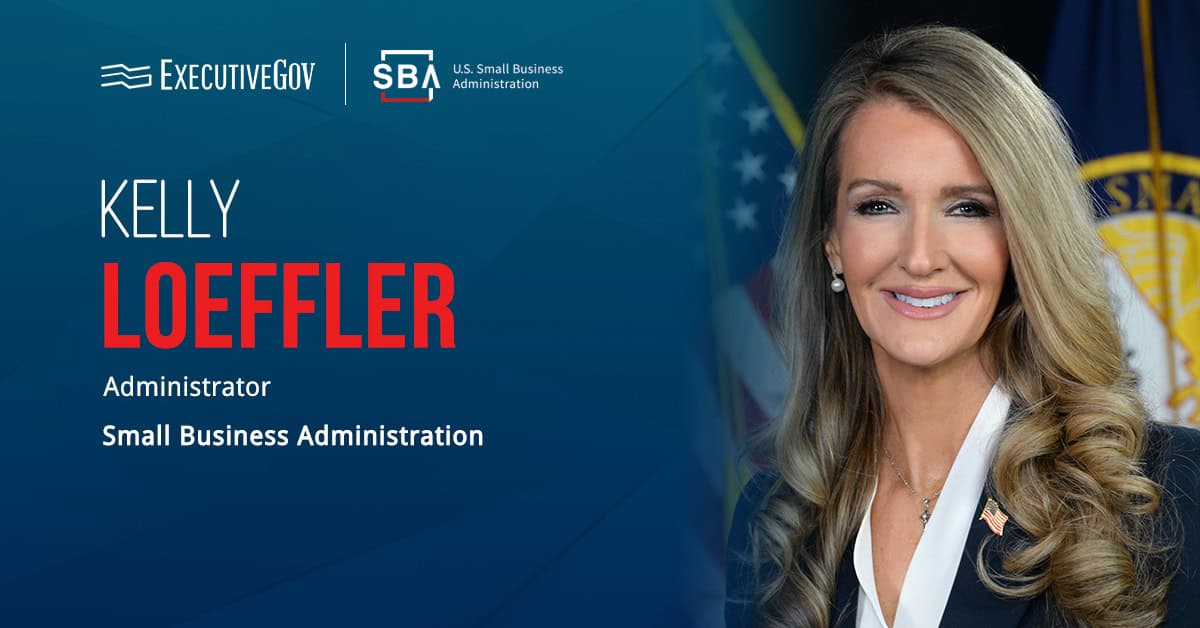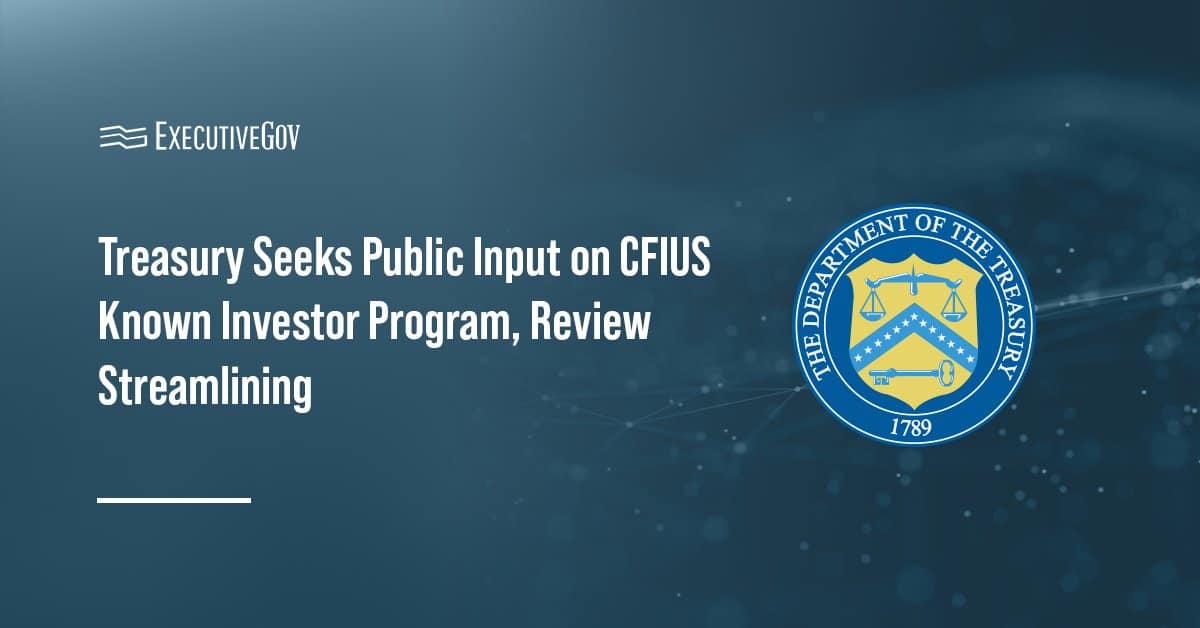 NASA and France’s national aerospace research center, ONERA, will collaborate on a study to predict the landfall location of sonic booms from aircraft flights.
NASA and France’s national aerospace research center, ONERA, will collaborate on a study to predict the landfall location of sonic booms from aircraft flights.The research agreement, signed at the 2018 Farnborough International Airshow in the U.K., will support efforts meant to develop supersonic over-land passenger flights, NASA said Wednesday. Supersonic travel has been cited as a way to vastly reduce international travel time.
The partnership is NASA and ONERA’s 12th collaboration, establishing common verification cases and a forum for the exchange of technical data and insights.
Efforts are intended to facilitate the development of new technologies to mitigate the effects of sonic booms during air transportation.
NASA is currently testing the X-59 supersonic aircraft at Langley Research Center in Virginia.





